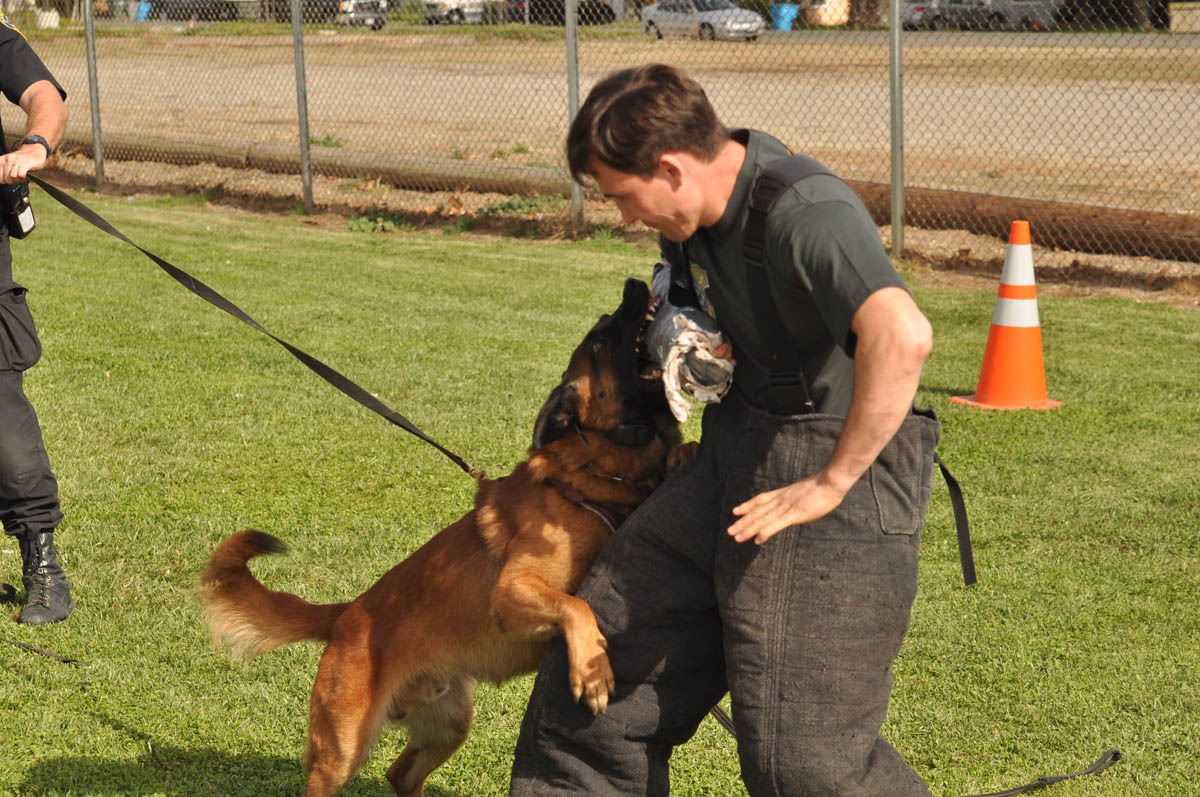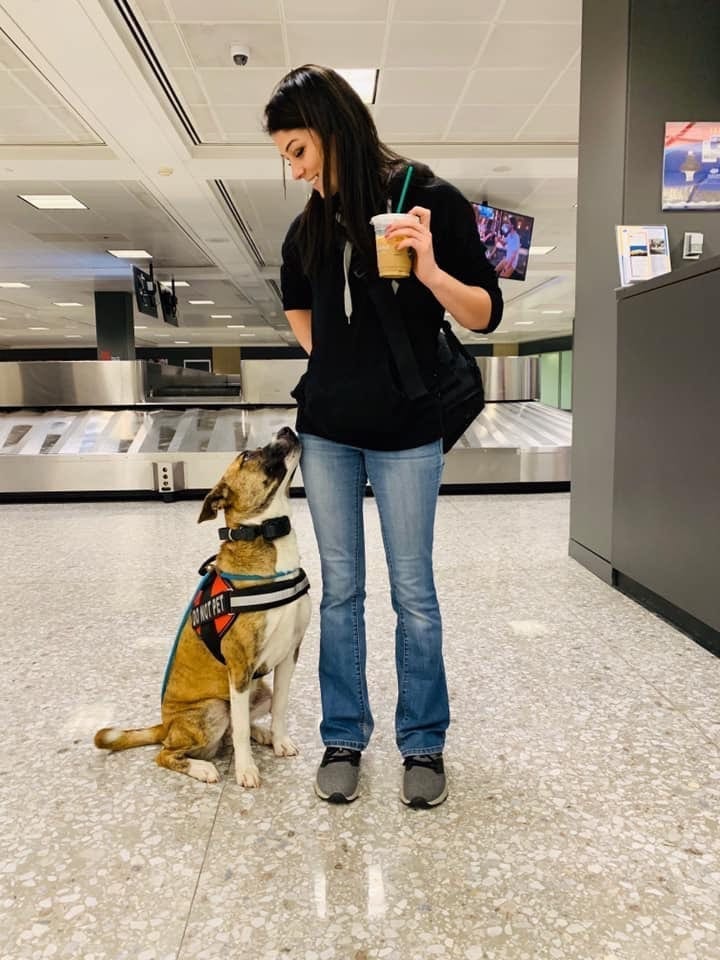Vital Pet Dog Educating Strategies for a Lifetime of Excellent Behavior
Effective pet training is fundamental to fostering a mannerly buddy that enhances our lives. Recognizing canine behavior and employing socialization methods can avoid potential concerns before they occur.
Understanding Dog Habits

Moreover, recognizing the innate reactions and drives of a canine-- such as target drive, social interactions, and territorial behaviors-- makes it possible for instructors to expect and take care of particular behaviors. For circumstances, a dog with a solid target drive may call for various methods than one that is much more socially inclined.
Additionally, very early socialization and exposure to numerous atmospheres substantially affect a pet dog's actions and personality. Favorable experiences during critical developmental durations can bring about well-adjusted grown-up pet dogs, whereas negative experiences might lead to anxiousness or aggression.
Favorable Support Techniques
Amongst the numerous canine training techniques, favorable reinforcement methods stand out for their effectiveness and ability to reinforce the bond in between dog and instructor (Ohana K9 Academy). This strategy emphasizes gratifying preferred actions instead of punishing undesirable ones, fostering an extra participating and relying on partnership
Favorable reinforcement can take numerous forms, including treats, appreciation, toys, or playtime. The key is to provide immediate benefits when the pet displays the preferred behavior, enabling them to make the link in between the action and the positive result. For example, if a pet dog remains on command, offering a reward as soon as possible strengthens that habits, making it extra likely to be repeated.
Consistency is crucial in positive reinforcement training. Trainers ought to utilize the exact same signs and benefits to avoid puzzling the pet. In addition, varying the benefits can maintain the pet's interest and inspiration, transitioning from regular treats to occasional praise or play as the pet dog masters the actions.

Fundamental Command Training
Building on the structure established with positive reinforcement Source techniques, fundamental command training functions as an important action in developing a visite site well-mannered canine. This training usually includes vital commands such as "rest," "stay," "come," and "down - Ohana K9 Academy." Each command plays an important function in promoting effective communication between the pet and its owner, improving the general bond
Begin with short, concentrated sessions lasting no even more than 5 to 10 minutes to maintain your dog's interest. Utilize high-value treats as benefits, making sure the pet connects right actions with favorable results.
Patience is crucial; pets may call for various repeatings to grasp commands totally. Gradually raise the intricacy by introducing variations or interruptions as soon as your dog reliably responds. Routine technique enhances discovered commands, solidifying them in your pet dog's actions repertoire. Eventually, basic command training not only cultivates obedience but likewise improves safety and security and promotes delightful interactions throughout walks and playtime, preparing for advanced training methods in the future.
Socializing Strategies
In the world of pet dog training, socializing methods are essential for cultivating a well-adjusted and positive canine buddy. Reliable socializing entails subjecting your canine to a selection of environments, people, and other pets in a regulated and positive manner. The primary purpose is to aid your pet establish a comfort level with diverse experiences, which can substantially lower worry and anxiousness in unknown scenarios.
Begin socializing during the vital developmental home window of 3 to 14 weeks, when young puppies are most receptive to brand-new experiences. Present your pet to different settings, such as parks, metropolitan areas, and homes with other pet dogs. Ensure these experiences are positive by making use of treats and praise to strengthen great behavior.
Team training courses are a superb method to expose your dog to other dogs and individuals in a structured atmosphere. This enables for monitored interactions, assisting your pet learn appropriate social hints. Normal trips and playdates with well-mannered pet dogs can even more enhance social skills.
Dealing With Behavioral Issues
Dealing with behavior issues in pet dogs is a crucial aspect of training that calls for an organized technique and understanding of canine actions. Common concerns such as barking, find more chewing, hostility, and anxiousness can come from various aspects, including absence of socialization, not enough workout, or perhaps medical concerns.

In addition, developing an organized routine that consists of normal exercise and psychological excitement can dramatically relieve behavioral issues. For example, interactive toys can keep a canine involved and minimize damaging propensities. In cases of serious hostility or anxiousness, seeking advice from a professional pet dog fitness instructor or a vet behaviorist might be essential.
Final Thought
In conclusion, reliable dog training methods, consisting of favorable support, basic command training, and socializing, are vital for fostering good behavior throughout a pet's life. Dealing with behavior issues with a methodical method not just enhances obedience yet also enhances the bond in between pets and their proprietors.